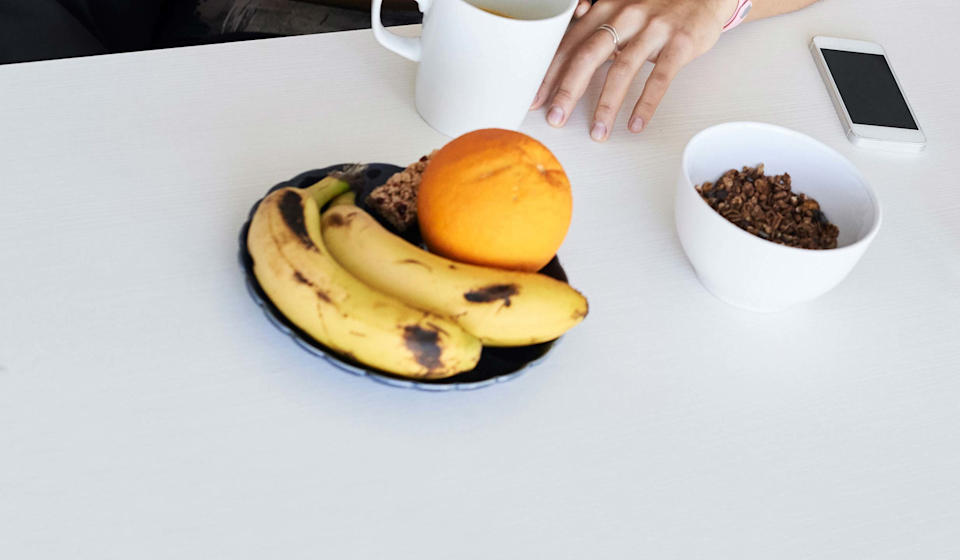Essential Takeaways
- Whether it’s for a White Elephant party or your annual family gathering, there’s nothing quite like exchanging gifts during this festive time of year.
- But science tells us that the buzz we get from gifting goes well beyond the holiday season.
Weird sweaters from your great aunt aside, most of us can probably agree that exchanging gifts is one of the best parts of this festive season. And if you’ve ever noticed that it’s even more fun to watch someone open your thoughtfully-selected gift than receive one yourself, you’re not alone: Research suggests that there’s something about giving to others that has a lasting effect on our brains.
So, what’s behind that warm, fuzzy feeling? Let’s take a closer look.
Giving a thoughtful gift may trigger the feel-good neurotransmitters in our brains.
Think about it this way: As humans, we’re wired for social interaction—connecting with other people may stimulate the reward system in our brain. To get even more specific, scientists have found that when we hang out with our friends or family, these interactions may trigger the release of oxytocin—aptly named the “love hormone,” it’s a chemical thought to play a role in the way we bond with others. (1,2)*
Gift-giving is a social exchange, so it makes sense that it lights up these particular reward systems—especially when it’s with people we really care about. But a 2011 study takes this train of thought a step further: When participants were dosed with oxytocin, they were actually inclined to give more than people who weren’t, even when it was to a recipient they didn’t know personally, like a charity. So while scientists have long since associated oxytocin with a sense of belonging, these researchers were able to show that it might ultimately make us more generous, too. (3)*












